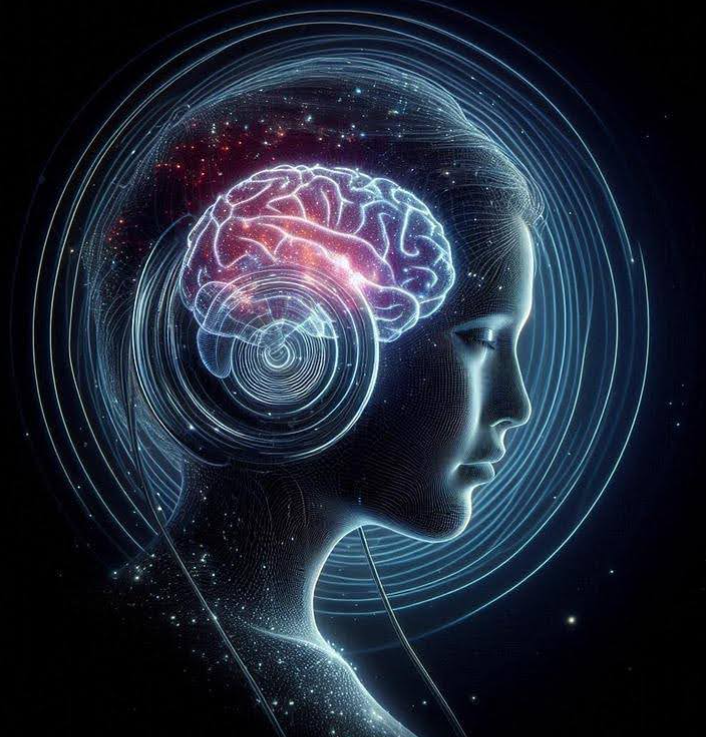The rapid development of artificial intelligence has created groundbreaking opportunities across industries, but it has also introduced major challenges for copyright owners. The recent $1.5 billion settlement involving Anthropic, one of the leading AI companies, marks one of the most significant moments yet in the ongoing clash between AI development and copyright law. For authors, musicians, publishers, and content creators, this settlement represents more than just financial compensation—it establishes a new standard for how intellectual property must be respected in the age of AI.
Anthropic, best known for building advanced AI systems, faced mounting legal pressure from copyright holders who alleged that their works were being used without authorization to train AI models. At the heart of the lawsuit was the claim that massive amounts of copyrighted material—including books, articles, and creative works—had been ingested by AI systems without consent, potentially enabling the technology to generate outputs that closely mimicked or competed with the original works. By agreeing to pay a historic $1.5 billion settlement, Anthropic not only acknowledged the weight of these claims but also set the stage for how future disputes may be resolved.
For copyright owners, this outcome is a clear signal that their rights matter, even in the fast-moving world of artificial intelligence. In the past, companies often argued that the use of copyrighted works for training purposes fell under fair use or was justified as part of technological innovation. However, the scale of AI training, where entire libraries of works are consumed by algorithms, challenges traditional interpretations of fair use. The Anthropic settlement demonstrates that courts and regulators are unwilling to ignore the value of creative labor and are prepared to hold AI companies accountable for using copyrighted works without permission.
This settlement also opens new doors for copyright owners to demand licensing agreements and fair compensation when their works are used to train generative AI. Just as musicians and filmmakers rely on royalties to sustain their industries, authors and publishers may soon have similar avenues for protecting and monetizing their intellectual property in the AI era. The $1.5 billion figure underscores that the stakes are high and that creative content cannot simply be taken for free to fuel corporate growth.
Equally important, the case raises broader questions about the future relationship between AI companies and content creators. If companies like Anthropic wish to continue developing powerful models, they will likely need to negotiate directly with copyright holders, creating new licensing frameworks that benefit both innovators and creators. This shift could ensure that the AI industry grows responsibly while still respecting the contributions of artists, writers, and thinkers whose work forms the foundation of our cultural and intellectual life.
For businesses, developers, and individual creators, this settlement highlights the importance of having strong legal protections in place. As the AI industry evolves, disputes over copyright will only increase, making it vital to work with attorneys who understand the nuances of intellectual property law in this new technological environment. Whether you are a content creator seeking to protect your work or a company navigating the use of third-party material in AI development, the lessons from the Anthropic case cannot be ignored.
The settlement is not just a win for the plaintiffs—it is a victory for copyright law itself. It reaffirms that intellectual property protections remain relevant and enforceable, even against some of the most advanced technologies ever created. For copyright owners, it provides hope that their rights will not be eroded by innovation but instead strengthened as new industries adapt to legal realities.
Contact The Plus IP Firm today. Call Mark Terry at 786-443-7720 or email [email protected] to schedule a consultation. Our team specializes in intellectual property law and can help you protect your creative works, enforce your rights, and navigate the evolving challenges posed by artificial intelligence.



